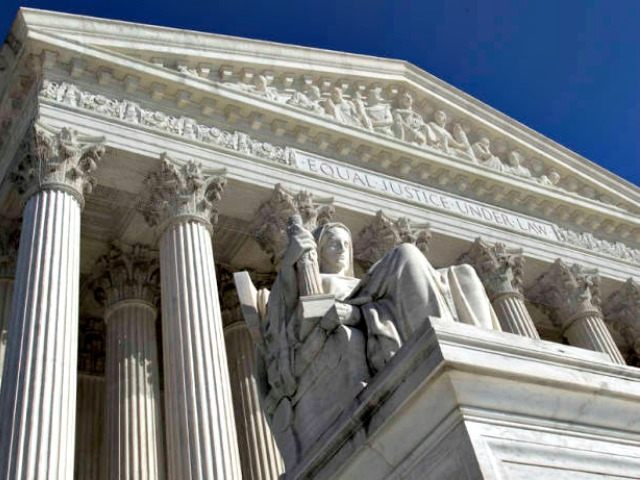HOUSTON, TEXAS — The U.S. Supreme Court handed down a unanimous decision Monday for the case Evenwel v. Abbott. The ruling denied two Texas voters’ requests to perform legislative redistricting measures that would have reduced the political clout of urban, non-citizen dominant areas of the state. Noncitizens, felons and minors will continue to be accounted for when political boundaries are drawn in the foreseeable future.
Sue Evenwel and Edward Pfenninger argued that traditional methods of drawing districts created an equal protection concern that “diluted” the votes of rural Texans where greater percentages of U.S. citizens constitute senate districts, compared to those found in Houston or Dallas. Had the plaintiffs prevailed, future Texas districts could have been drawn based on citizen voting age population (CVAP) or registered voter totals only, a potential boon for more conservative parts of the state.
Justice Ruth Bader Ginsburg wrote that “constitutional history, precedent, and practice reveal the infirmity of the [plaintiffs’] claim,” ruling that total voting age populations (TVAP) will continue to be used at the individual states’ discretion.
The central matter of the case concerning how “one-person, one-vote” is best defined and fulfilled via legislative redistricting remains an open question since the 1960s and even in the aftermath of Evenwel. The plaintiffs were unsuccessful in pushing the court to select a preferred method of apportionment, let alone depart from longstanding precedent. Justice Clarence Thomas noted in a separate concurrence that the “Court has never provided a sound basis” for the principle, nor should the Judiciary change the trend now: “the Constitution leaves the choice to the people alone.”
Texas-focused voters’ rights organizations and litigators see an enduring benefit within the ruling.
“The plaintiffs were right to open this door,” Houston-based True the Vote Founder Catherine Engelbrecht said. “Too many are working to extend voting rights to noncitizens purely for political purposes. The Court has offered a roadmap for engaged voters to stand up for their voices — it’s on us to protect ourselves. Complacency is not an option.”
General Counsel for the Public Interest Legal Foundation and former Justice Department attorney J. Christian Adams saw a similar lesson.
“The good news out of today is that nothing changes. States can decide on their own to end the practice of subsidizing illegal alien political power in legislative bodies,” Adams told Breitbart Texas.
The case demonstrated an apparent ideological cleavage as amicus briefs began to pile up in the docket. Center-right organizations like as the American Civil Rights Union, Cato Institute, Judicial Watch, Eagle Forum and others lined up for the plaintiffs. Common Cause, the Democratic National Committee, the NAACP-LDF and many more supported the State of Texas.
Logan Churchwell is a founding member of the Breitbart Texas team and serves as Communications Director for True the Vote.

COMMENTS
Please let us know if you're having issues with commenting.